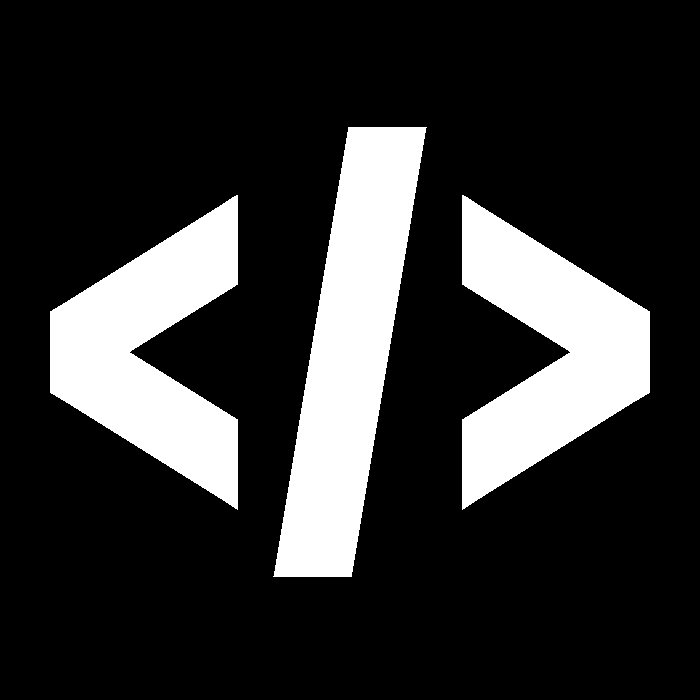I dusted off my RPI4 and started tinkering with self-hosting things and it’s sparked a fire. Suddenly I have 7 docker containers running and I need more RAM, more space and I want something reliable with room to grow. I like small form factors but it doesn’t need to be RPI small. Any recs for your favorite hardware under $500?
I have a couple of Intel NUCs and they are great, one is the first generation NUC with the Celeron and runs Home Assistant without problems.
At the moment I am eyeing the new N100 CPUs they are pretty powerful compared to the previous generation. Asrock and Asus are bringing out motherboards with the CPU soldered and they are also fanless. The Asrock is nicer because you don’t need a real PSU for it and it has an extra SATA port. They are not yet available.
https://www.asrock.com/mb/Intel/N100DC-ITX/index.asp
https://www.asus.com/motherboards-components/motherboards/prime/prime-n100i-d-d4/
Planning on making an unRaid miniPC
There are so many brands of these NUCs on Amazon it’s dizzying, it’s hard to know what’s reliable or just cobbled-together hardware. Should I just stick to the big names like ASUS or are there some diamonds in the rough?
Personally, I would stick with name brands in case something goes wrong. Asus is ok or you can get directly with Intel, they are the original creators. Before deciding to wait for a N100 motherboard I was looking at getting the Intel NUC13ANHi3 or the i5 version.
+1 for a NUC. There’s plenty of second hand ones on Ebay which can be had at around $100. The nice thing is that they have ultra low voltage CPUs so the power bill is not a concern with running 24/7.
The new N100 is also a 6W processor.
Intel NUC. Myself I prefer Proxmox as the first layer (so I can do stuff remotelly), and Alpine Linux VM as a second layer.
This been rock stable for me for the past 1 year or so.
What specs is yours if you don’t mind me asking? I have a 10th hosting Proxmox and 11th hosting ESXi, but both at 32GB. Wondering if I should take the plunge and just upgrade them both max out at 64GB.
My specs:
- NUC10i7FNK
- Intel® Core™ i7-10710U Processor (12M Cache, up to 4.70 GHz)
- 512GB NVME SSD, I think it’s Samsung 970 pro
- 32GB of RAM, I think it’s DDR4-2666 (fastest supported)
I can’t comment on your “Wondering if I should take the plunge” as it highly depends on use-case. At home I am not very into HA as it gets ridiculously expensive (and I am not making money out of my services, such as Jellyfin, Homeassistant, adblocking DNS and so on).
Exact same setup as you except a larger NVME. Makes sense, no need to sink excessive cash into it. :)
Definitely a NUC or similar mini PC from the likes of Geekom, Beelink, or Minisforum. My whole homelab was mini PCs until I consolidated to a NUC 12 Pro as I build up my rack. Slap Proxmox on the machine, build some VMs and LXCs, and have at it.
Removed by mod
Refurbished thin clients usually work great and have great value.
Other than a very old laptop that acts as a DC, and my NAS, I have five Lenovo M920 (i5, 64 gigs of ram, 256 gigs SSD, and 512 gigs M2) in a XCP-NG cluster.
I’d recommend taking a look at used small form factor PCs on eBay. I’ve been using one for a couple years now that came with an i7-8700 16GB of ram and an nvme SSD for about $300. Running 30+ docker containers without any issues (most are lightweight to be fair)
The only drawback to small form factor is that you have limited expansion opportunity with the unit itself. In my case I use an external NAS for storage of larger files.
ServeTheHome has a bunch of videos on YouTube about these small form factor computers.
In my case I use an external NAS for storage of larger files.
What’s the advantage of using a NAS system?
I’m considering options for adding more storage right now and I’m not sure if I should just chuck some more drives in my linux server, or move up to NAS. The main downside of adding more drives is that I’m spending money without getting any more reliability (it’s just some drives and a SAMBA share, no RAID, and only ‘sometimes I remember to move important files to S3’ for backup. Conversely, with a NAS I’m spending an extra like $500 on hardware before I even add storage.
It would be nice to have some reliability, but I’ve never had NAS before, so it’s kind of an unknown for me, plus it seems like I could invest some time and add similar reliability/backup features to my existing system.
I use a Dell Micro with Ubuntu for docker containers mounted to a wall with a Synology NAS 4 bay for storage. I used to have a small form factor with a 12bay SAS array attached but the power consumption was ridiculous.
I used to run a Dell R710, but that got expensive with the electricity prices shooting up. So I moved to a standard consumer hardware PC in a rack mount case. Ryzen 5 5600, 64GB RAM, 500GB NVME, SSD boot disk, 6x 3.5" disks for storage. It uses half the power and is a fair bit quicker than the old dell with dual X5670 Xeons. One day I’ll move to just 2x larger disks instead of 6, but that’s expensive at the moment.
I totally get moving away from the dell. I’ve got one sitting in my rack now, and I’ve been thinking about getting a nuc or two as replacement to see if I can drop my power bill.
How much of a difference did you notice in your bill when downsizing?
It’s running at roughly half the power of the dell, which was at 220W idle. A lot of that will be the spinning disks, HBA card and 4 port intel NIC. A barebones system with just one ssd would be about 30W idle.
The NUCs are great but storage and networking are limited. I use Opnsense in a VM as my router so needed a few more ports. And the storage options on a NUC seem very limiting. Perfect for application servers, just not storage servers.
That’s about what I was expecting. Yours is running about 30W higher than mine, but that’s still a hell of a delta.
Thanks for the other points as well! NIC quantity will be an issue since I will be moving my esx over, but hopefully I can limp by on a single line and let VLAN tagging handle most of my mess. I’ve been running some of my VMs via iscsi storage, and it performs well enough for my uses at home.
The best resource imo for big home servers if you graduate using old PCs is the Homelab Discord server. They’re also at !homelab@lemmy.ml.
If you don’t need much storage internally, I like lots of a Celeron based industrial SSF from qotom. For rack mounts, i like used Xeon-D U1-2 servers.
If I need bigger processing power for home, I like Ryzen (preferably 3000 or newer) processors in some of few ryzen entry-level server boards.
You can get some decent enterprise hardware for fairly cheap on places like amazon. I got a dell R710 for around $800 a couple of years back. The equipment tends to be a little scuffed up and older in terms of hardware, but they still offer plently of performance IMO. The one I have has a 6 drive RAID with 1.5TB disks, dual 6-core processors, and 128GB of ram. Only downside I would say is they tend to use quite a bit of power (around 207W from what I’ve measured).
Mini/USFF or just MT sized boxes off ebay with 8th and 9th gen Intel CPUs. Generally around $100-150 for one.
Low power usage, and you get all the good Intel HW acceleration for transcoding video or object detection on cameras and stuff like that.
USFF/Mini if you want small, or MT if you want space for some 3.5" HDDs.
I just built a Server using J5040 board. With 16gb ram (yes it works) a 500gb m.2 as system , 2x4tb ironwolf, all in the node 304 fractal case for 550 euro.
Will run proxmox as first layer.
At the moment hardware is just expensive. I ended up with a NUC with 32gb of ram in order to future proof myself while I wait for hardware to become cheaper. Other than another stick of ram I can’t see me needing to update any time soon.
Im using refurbished thinkpads (x220-203) but i’ve seen a lot of homelabs using Nuc pc








